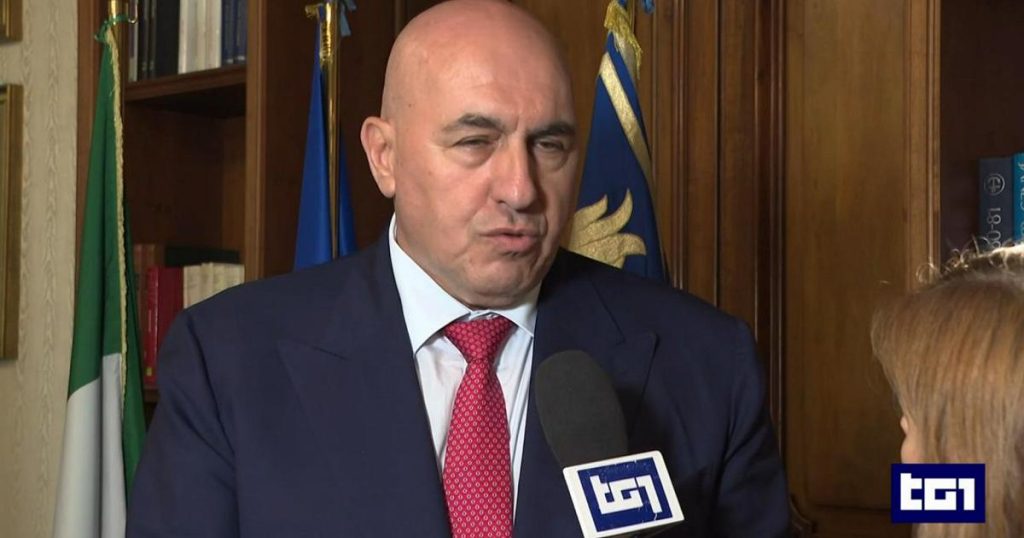There are concerns about the escalation of the conflict in the North, even though reassurances have been received from both sides that the UNIFIL contingents should not be targeted. Minister of Defense Guido Crosetto expressed these concerns in an interview with Tg1 regarding the Hezbollah-Israel conflict. Crosetto called for a change in the rules of the mission, stating that the current situation in Israel is unacceptable. He emphasized the importance of enforcing UN Resolution 1701 to ensure a security buffer zone between Lebanon and Israel, as the presence of Hezbollah is seen as a dangerous Iranian influence by Israel. The international community must uphold this resolution to prevent a new front of war from emerging.
Crosetto’s plea to the UN highlights the failure to establish a security buffer zone between Lebanon and Israel over the years, which has allowed Hezbollah to strengthen its presence. Israel perceives this as a significant threat to the safety of its citizens, leading to increased tensions in the region. By implementing and enforcing Resolution 1701, the international community can work towards alleviating these tensions and preventing further escalation of the conflict. Crosetto’s call for action underscores the urgency of addressing the situation before it spirals out of control and results in another war front.
The ongoing Hezbollah-Israel conflict has the potential to draw in UNIFIL contingents stationed in the region, despite assurances from both sides that they should not be targeted. The unpredictability of the situation highlights the need for careful consideration and planning to anticipate any unforeseen developments that may arise. Crosetto’s acknowledgment of these concerns emphasizes the importance of being prepared for any potential escalation and ensuring the safety of peacekeeping forces in the region. By staying vigilant and proactive, efforts can be made to prevent the conflict from spreading further and endangering the lives of those involved.
The issue of Hezbollah’s influence and presence in the region is a key factor contributing to the tensions between Lebanon and Israel, as well as the broader implications for regional stability. The perceived threat of Hezbollah as a proxy of Iran by Israel underscores the complex dynamics at play and the challenges in finding a peaceful resolution to the conflict. By addressing the root causes of the conflict and working towards de-escalation through diplomatic means, progress can be made towards establishing lasting peace and security in the region. Crosetto’s calls for implementing and enforcing Resolution 1701 are a step in the right direction towards achieving this goal.
In light of the escalating tensions between Hezbollah and Israel, Minister of Defense Guido Crosetto’s interview with Tg1 sheds light on the pressing need for action to address the situation and prevent further escalation. The failure to enforce UN Resolution 1701 and establish a security buffer zone between Lebanon and Israel has allowed Hezbollah to strengthen its presence in the region, leading to heightened tensions and concerns for the safety of citizens. By urging the international community to uphold the resolution and take decisive action, Crosetto emphasizes the importance of working towards a peaceful resolution to the conflict and preventing a new front of war from emerging. Through cooperation and diplomatic efforts, progress can be made towards de-escalation and establishing lasting peace and security in the region.


